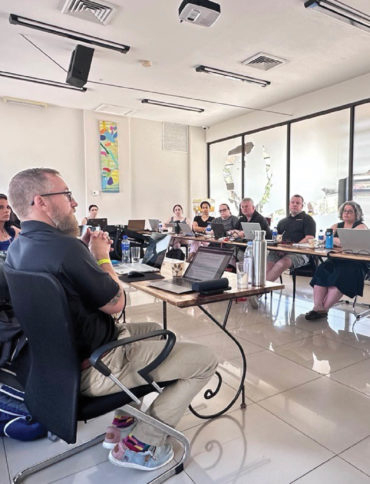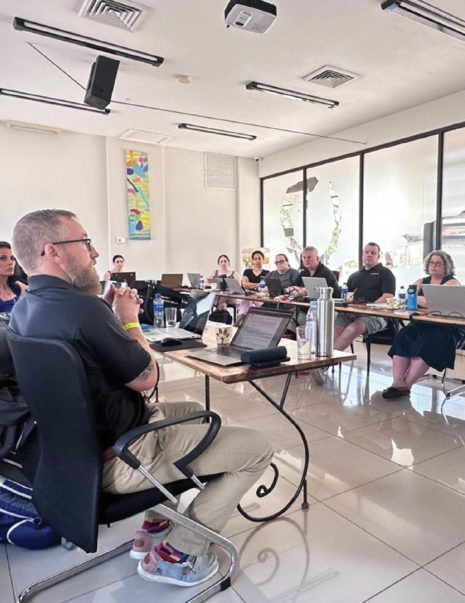How We Can Improve
Here are a few options that professionals can begin to incorporate to take steps toward achieving equity within the healthcare field.
Applications for Research (Cycle— Analyze, Expand, Challenge, Engage)
Equity in healthcare does not just happen within hospitals and doctor’s offices. To achieve true equity, it needs to be interwoven to our approach to all aspects of healthcare, including research, development, and clinical trials. One way to ensure we are aimed toward equity in all areas is to integrate a different approach. McKinsey & Company, a firm focused to create an unrivaled environment within our economy, suggests cycling through four steps to continually monitor the priorities of your research. The four steps are: Analyze, Expand, Challenge, and Engage.
“Data Driven” Solutions
We know that research is based on data. Thankfully, we can use a data driven mindset to build the foundation for equity in healthcare. Taking data from analyzing the populations being tested in clinical trials can answer important questions like “What populations are being neglected here? Is anyone being marginalized?” We can then use that data to modify research techniques and testing pools to better represent minorities and underrepresented communities.
Education and Awareness
In order to achieve equity on a global scale, education and awareness are important steps to grow the foundation. Offering education to employees and peers can help equity become a core part of research and initiatives within a company. Bringing awareness to the larger population can also significantly raise support for the issue of equity and potentially bring the topic to large entities and governing bodies.


















